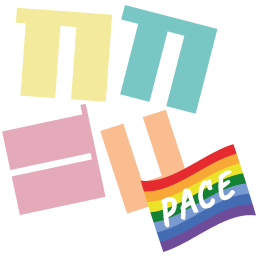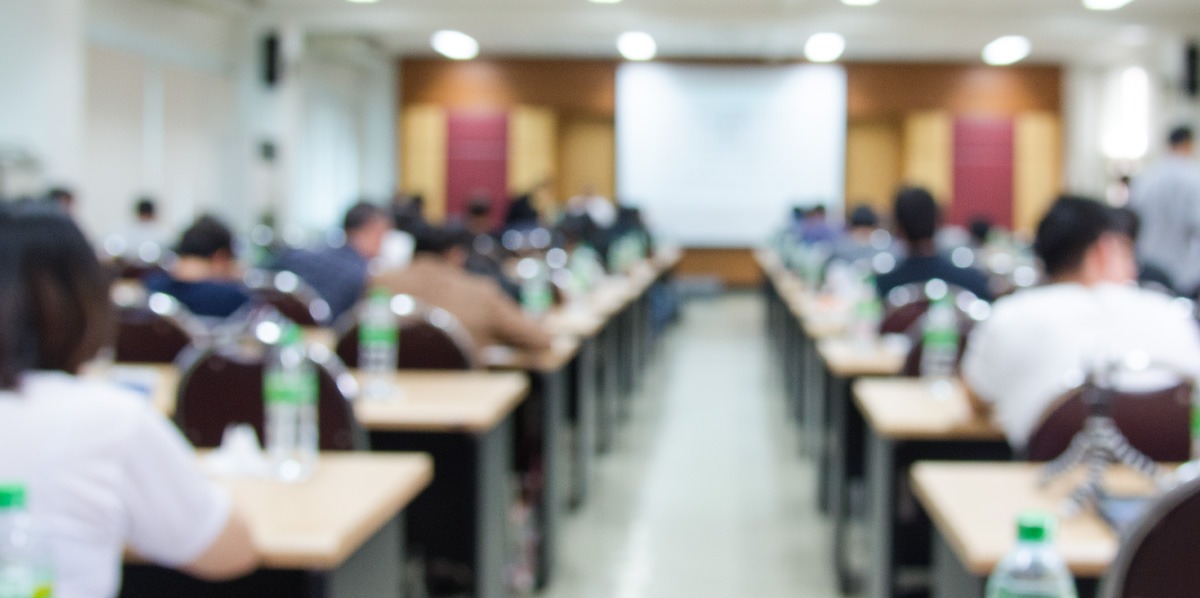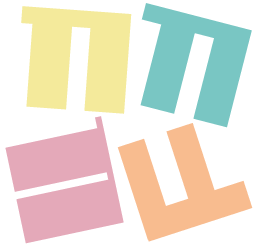
Lazio Region – European Social Fund Plus (ESF+) Program 2021- 2027 Policy Objective 4 “A more social Europe” Regulation (EU) no. 2021/1060 Regulation (EU) no. 2021/1057 Plan of interventions aimed at the scholastic and educational integration and inclusion of pupils with disabilities or in disadvantaged situations - Specialized assistance year
Reference of the financing under the European Social Fund Plus (ESF+) Programme 2021-2027
Policy Objective 4 “A more social Europe”
Regulation (EU) No. 2021/1060 Regulation (EU) No. 2021/1057
Priority “Social Inclusion”
Specific objective k) – Action services for school/training integration for disabled people.
The Project, carried out in the 2023-24 training year (October 2023 - June 2024) was aimed at offering a specialist assistance service for school integration aimed at guaranteeing the right to study, ensuring the development of the potential of disabled minors in learning, communication, relationships and socialization.
The recipients of the project were a total of 65, 54 of whom completed the course, male and female students with multiple disabilities or disabilities, or DSA or BES, in a serious disadvantage.
The school context has welcomed numerous other students in situations of vulnerability and fragility, due to uncertified difficulties, families in conditions of socioeconomic hardship, educational poverty and other difficulties. These students too - in addition to those who were formally included in the project - partly benefited from the support offered by the specialist assistants, thanks to the inclusion work carried out with the whole class and the attention paid to each student.
The expected objectives were overall achieved:
- Activation of positive resources of class groups and prevention interventions for risky behaviours.
- Support for autonomy for educational success
- Support and involvement of curricular teachers
- Involvement of families
In particular, the support for autonomy for educational success, the support and involvement of curricular teachers, as well as the involvement of families, are the three areas in which best results have been achieved since the students included in the project have concretely acquired greater autonomy for educational success, the support and involvement of teachers was truly achieved and increased and families were involved and constantly updated on the development of the project.
The involvement of the services responsible for supporting the students taken into care was also quite effective. Positive resources of the class groups were activated, the use of inclusive teaching methodologies was strengthened, such as Peer Tutoring and a singing theater workshop was also organised, which proved to be of fundamental importance in order to achieve an ever greater inclusion of students with disabilities or difficulties related to DSA and BES.



